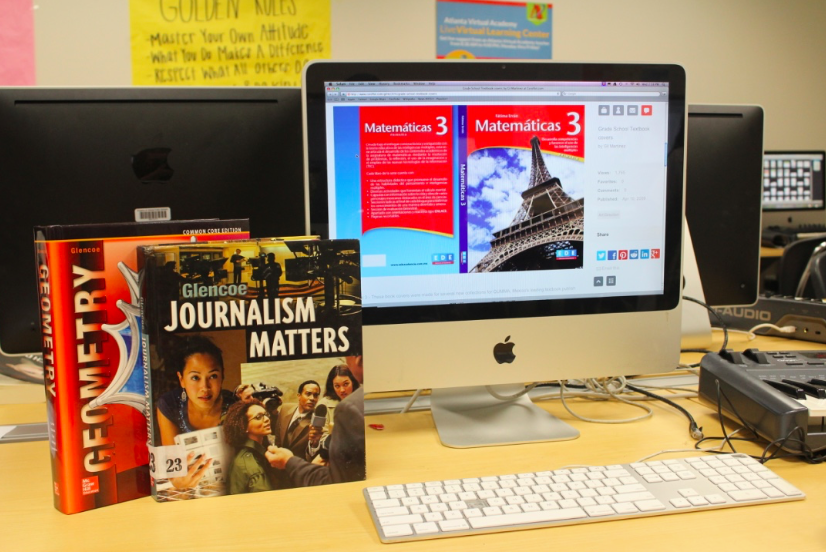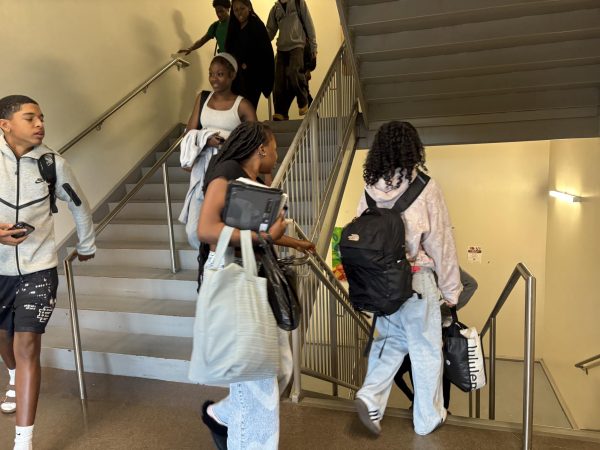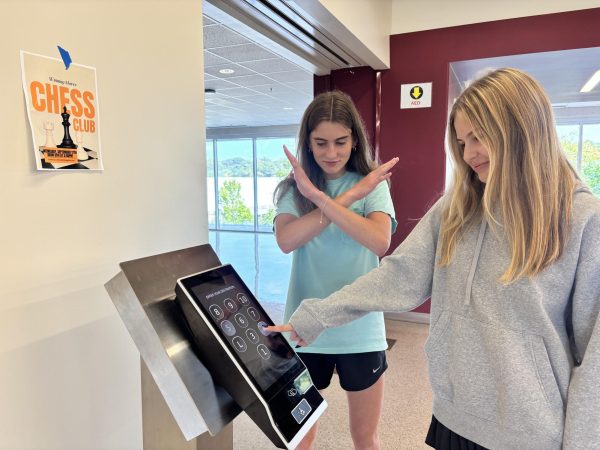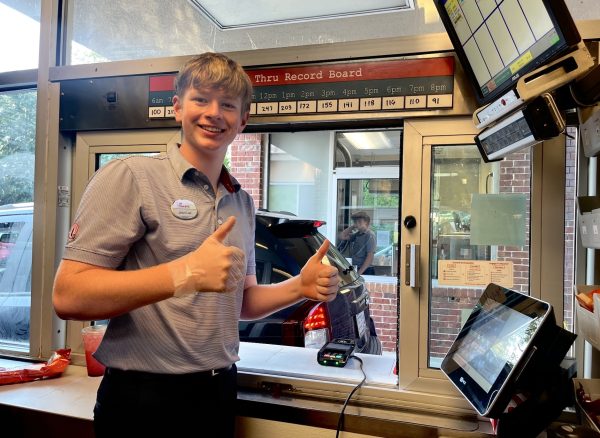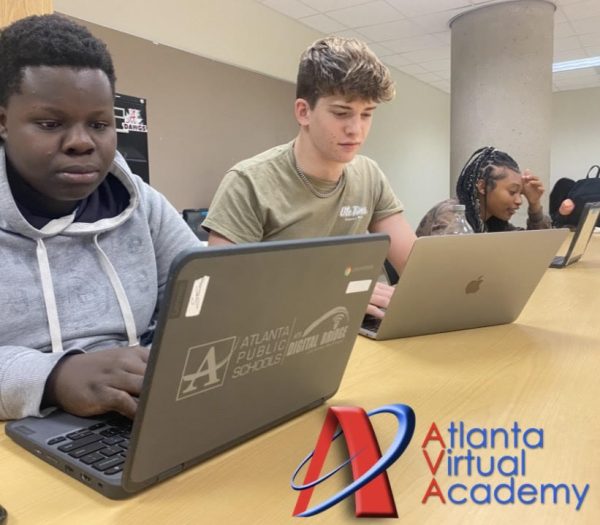Online vs. Hard-Copy: The Battle of The Textbooks
The debate between online textbooks and physical copies is one that has been plaguing the school district and student body for several years.
We all know that textbooks can often be a hassle. During the first week of school, we are collected to fetch anywhere from three to five textbooks at once and then waddle back home with an enormous pressure on our shoulders. Or, we stuff them all into our locker, where many of them don’t see the light of day for months at a time. Why put up with it? Wouldn’t it be much easier for everyone to just use our textbooks online?
Well, it depends on what you’re looking for. Having our textbooks online would be incredibly convenient. You could pull them up wherever, whenever and there would be no excuses to forget (I mean, come on. We all know that no one “accidentally leaves their phone at home”). You could download them onto multiple devices and all the tools are at your fingertips. Highlighters, dog-eared pages, dictionaries, TTS (Text-to-Speech) and a ton more. It’s environmentally friendly, costs less, and is very easy to acquire. “It’s less of a hassle,” said sophomore Kaili Cook. “I don’t have to carry rocks in my hands or bag or accidentally forget them in my locker.”
So now the real question is, with our growing tech-savvy world, why don’t we all have online textbooks yet?
Surprisingly, it is up to the students themselves. When asked, most of them preferred hard copy over online. “I admit they’re a pain in the butt to carry around,” said sophomore Zachary Lloyd. “But it’s so much better because you can use sticky notes and turn the pages.”
When it comes to convenience, it could also sometimes come at a price of our own health. It’s like taking nootropics to pass your math class. (Might be a bit of an extreme comparison, but you get the point.) It has been proven time and time again that the glare from the computers or tablets can tire your eyes, cause stress, and negatively affect sleep.
With a hard copy, it’s easier to personally connect to what you’re reading about. “It stimulates your brain,” sophomore Jake Churchill explains. “It forces you to perform the movement to turn the pages and solidifies the information.”
Along with that, some students don’t have access to computers or electronics at home, making it difficult to do something as simple as studying. Even for the average teenager complete with a phone, a tablet, a computer, and a backup phone when their first one breaks, technology can crash. The power can go out. The Wi-Fi may not work. There are a million other possibilities for what can go wrong, unlike with an actual textbook that can be opened with your hands. Of course, it’s different for everyone, but in most cases, a book triumphs over a computer.
So what’s the future for school textbooks? We’ll probably make a big shift to electronic versions soon, seeing as the benefits are pretty great, but for now, enjoy your hard copies. And who knows? We might be able to play with holograms when the time comes.


